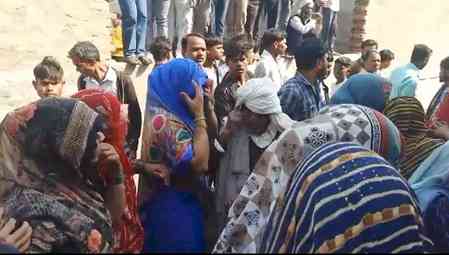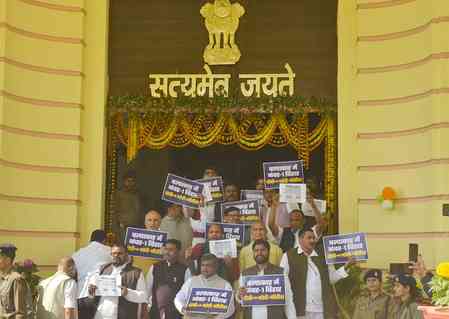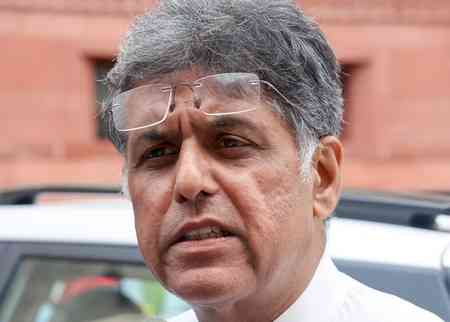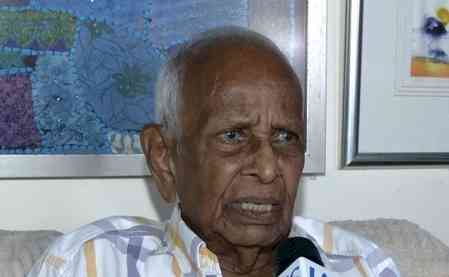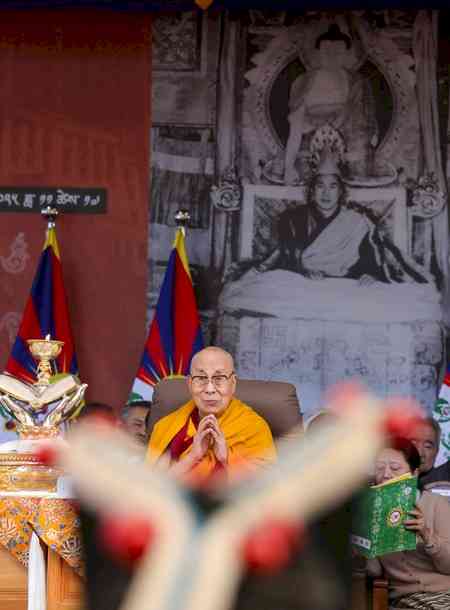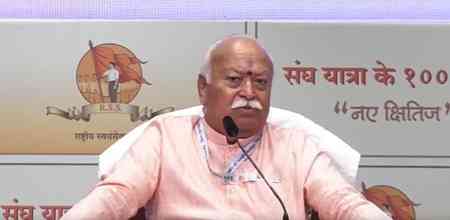Four years have passed, but Bengal's anti-lynching Bill yet to be made a law
The West Bengal (Prevention of Lynching) Bill, 2019 was passed by the Assembly in August 2019, and has provisions for a death sentence and jail terms, spanning three years to life, for those involved in assaulting or injuring a person, depending on the extent of crime.
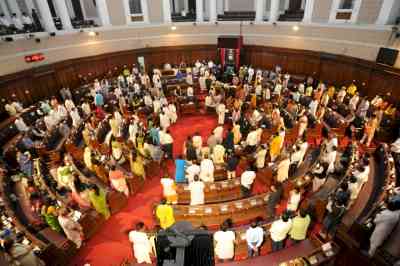
SUMANTA RAY CHAUDHURI
Kolkata, Nov 6 (IANS) The West Bengal (Prevention of Lynching) Bill, 2019 was passed by the Assembly in August 2019, and has provisions for a death sentence and jail terms, spanning three years to life, for those involved in assaulting or injuring a person, depending on the extent of crime.
However, till date, the law has remained at the non-implementation stage, following certain factors where its provisions might contradict central acts on similar issues.
Although West Bengal does not figure among the places where major cases of lynching were reported during the last few years, reports keep on coming from different corners of the state on such expression of aggression by public, causing death or severe injuries.
Here are some examples. In Shyamnagar of North 24 Parganas district in August this year, a youth, trying to flee after snatching a mobile phone, was caught by locals and severely beaten up. He was taken to a hospital where he was declared dead.
In July this year, a man, fleeing after killing his wife, was nabbed and lynched in Birbhum district. In June, the same fate was received by a suspected thief after he was lynched by local people at Baruipur in South 24 Parganas district. Even on September 4, a suspected thief was severely beaten up at Daspur in West Midnapore district and sustained severe injuries, before the police rescued him.
Now this reports of lynching or mob-bashing have raised certain questions in the society.
Is the loss of trust in the judicial system encouraging people to take law in their own hand and resort to vigilante justice? Will new laws on this count help in reducing instances of people venting their pent-up anger on those they assume to be guilty of a crime?
IANS tried to find an answer by speaking to certain psychologists and legal experts.
According to Dr Tirthankar Guha Thakurta, visiting faculty with the Department of Psychology of the University of Calcutta and faculty of KPC Medical College and Hospital, the crave for vigilante justice had always been there in any society.
"The face of the reflection of that vigilante justice is at times, personal, and at times, the mass. Obviously, the reflection gets a more violent shape when the mass is involved. For me, these are reflections of the people losing faith in the administration or the sloth-like movement of the judicial system.
"Of course, there are cases of pre-planned lynching in society, where one or more are the actual masterminds with a motive to derive something, and involve others in the process. But there also, the masterminds are able to involve others by giving them a perception that they are sufferers of some action of the victim," Guha Thakurta said.
Senior Calcutta High Court counsel, Kaushik Gupta feels that since there is no separate definition for lynching in the Indian Penal Code and such incidents are dealt under Sections 300 and 302 (culpable homicide and murder), there is a possibility of the proposed state act coming into collision with the central act on this count.
"While that is the legal aspect, as a legal professional, I really have doubts on whether any new law can really help in reducing the instances of lynching. The actual thing lies in how efficiently, judiciously, and promptly the executive machinery of the administration works under the existing legal provisions," he said.
He agreed, to some extent, with Dr Guha Thakurta that these are reflections of the people losing faith in the administration or the slothful movement of the judicial system.
"This is true to an extent. But if you go through the statistics of lynching in India, you will notice that the number of incidents of lynching by the 'oppressed' is much lesser than the number of similar expressions of angst by the 'oppressor'. Yes, the judicial system in the country is quite slow. But why is it so? It is just because of the reluctance of the Union government in appointing more judges for the Supreme Court and High Courts and similar reluctance of the state governments in appointing additional judges for the lower court," Gupta added.
However, Calcutta High Court counsel Jyoti Prakash Khan feels blaming the angst on the slothful movement of the judicial system is too simplistic a logic.
"There are several cases of lynching where it was masterminded by some evil brains with ulterior motives - which, in many cases, related to property matters. What is required is effective, judicious and prompt implementation of the existing legal clauses by the executives of administration, which, in cases of lynching, are the police," Khan said.



 IANS
IANS 
